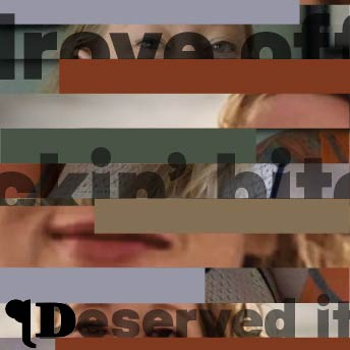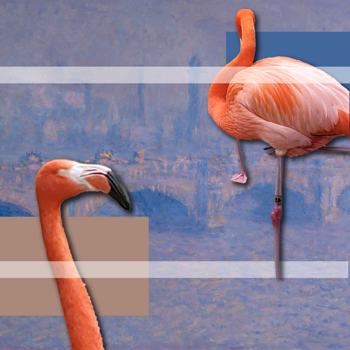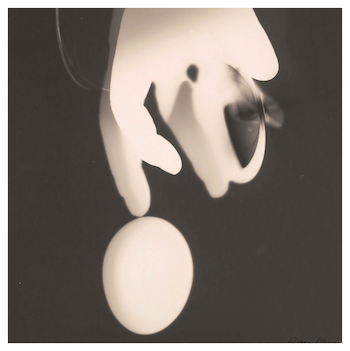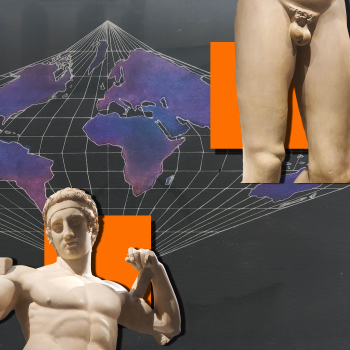April 3, 2024
Poetry
Interview, Fiction, Divine Strangeness
 Artwork by Jan Wiezorek
Artwork by Jan Wiezorek
Interview
“. . . these details must be retained as mementos of . . . life.” —Emilie Brzezinski How do you interpret your poetry? Morning fuzz, leaves, and potential fall from poet-trees early—tree-poets arrange these symbols that readers resurrect like sun on orchard limbs— and they store them under arbors of myth, reason, reflection, image —interpretation nests in disabled branches, as a forest of brokenness that floats its leaves from tree-poet to reader, until tree-poems appear, falling into your eyes at sunset. Fiction “All of my trees are fictions.” —Rona Pondick My first fiction hooked thumbs into the fruit of an orange tree—tearing the peel—where I appeared as a flared-pants guitarist, flying upon canopies until I disappeared inside orange haze—my second fiction was believing in you under groves of elms, long ago cut by their own disease—now my fictions are simple: holding your robe designed in forest-brown herringbone, and cleaning the counter with a product called Pine-sap—where life inside is as ordered as tree rings, while nature ponders its own fantasy. Divine Strangeness “A divine strangeness . . . compels us to see trees in an enchanting new light.” —Suzanne Ramljak X-rays don’t always catch it, but a tree is growing, her head is shrinking, and a leaf is forming from her neck stem—so we wait for our good, and trust in healing to define her as newness—or—here, skin is hammered into a tough aluminum, blackened with markings of bark, ancient ridges, and mythology, much like a womb—or— stainless steel forms the bulbous nature of a trunk which light caresses—or— become Pan-like, and take wood for a pipe to sound out over magnolias—these four bodies, as revelation, turn to discover each in turn.





